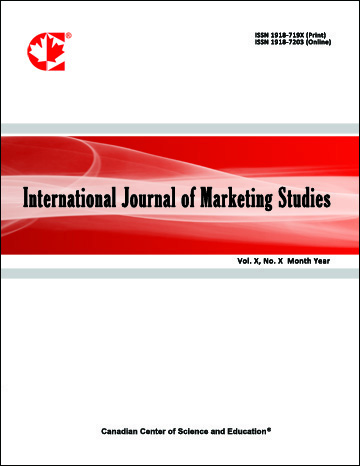The Role of Organizational Involvement Facilitation in Enhancing Employees’ Innovative Work Behaviour under Technological Uncertainty: The Mediating Effect of IT Self-Efficacy
- Biqian Zhang
- Sanshan Li
- Lei Zhao
- Yunyao Liu
Abstract
This study investigates how technological uncertainty pressure affects employees’ innovative work behaviour (IWB), with a particular focus on the mediating role of IT self-efficacy and the moderating role of organizational involvement facilitation. As organizations continually adopt new technologies, employees are increasingly challenged to adapt, thereby creating a context of heightened technological uncertainty. We argue that technological uncertainty pressure negatively influences IWB, but that IT self-efficacy—defined as employees’ belief in their ability to manage technological demands—serves as a mediator in this relationship. Moreover, we hypothesize that involvement facilitation, referring to organizational practices that encourage employee participation in technology-related decisions, moderates the impact of technological uncertainty on IWB. Data collected from a survey of 350 employees across various industries were analysed using structural equation modelling (SEM). The results indicate that technological uncertainty pressure has a detrimental effect on IWB, with IT self-efficacy partially mediating this relationship. Additionally, involvement facilitation moderates the effect of technological uncertainty on IWB, such that employees who perceive higher levels of organizational support through involvement practices experience weaker negative impacts. This study contributes to the literature by elucidating the mechanisms through which technological uncertainty affects employee innovation. Theoretically, it advances research on self-efficacy and IWB in the context of digital transformation. Practically, it underscores the importance of enhancing IT self-efficacy and fostering organizational involvement in technology decisions to support innovation in environments characterized by rapid technological change.
- Full Text:
 PDF
PDF
- DOI:10.5539/ijms.v17n1p54
Journal Metrics
Google-based Impact Factor (2021): 1.34
h-index (July 2022): 70
i10-index (July 2022): 373
Index
- Academic Journals Database
- CNKI Scholar
- EconBiz
- Electronic Journals Library
- Excellence in Research for Australia (ERA)
- GETIT@YALE (Yale University Library)
- Harvard Library
- IBZ Online
- Infotrieve
- JournalTOCs
- LOCKSS
- MIAR
- PKP Open Archives Harvester
- RePEc
- ResearchGate
- ROAD
- Scilit
- SHERPA/RoMEO
- Stanford Libraries
- UCR Library
Contact
- Alyssa SunEditorial Assistant
- ijms@ccsenet.org
